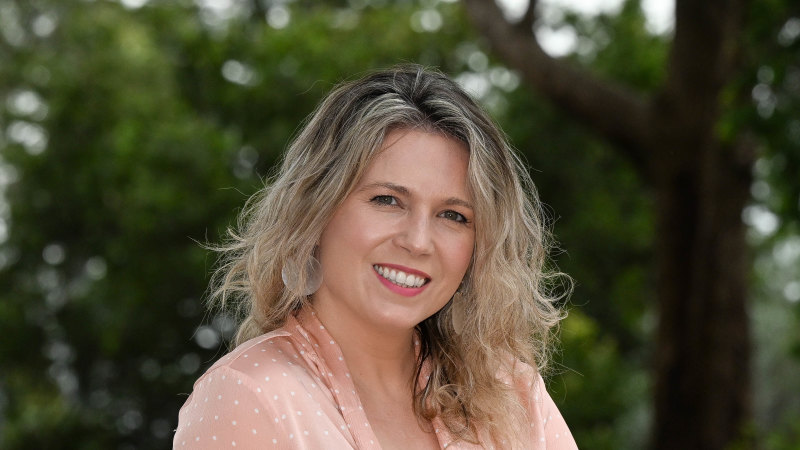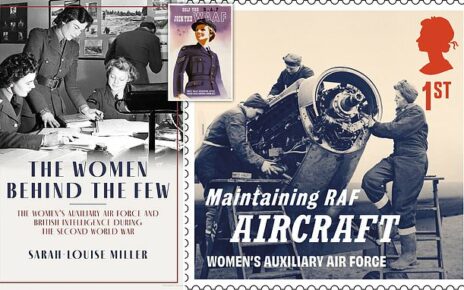Save articles for later
Add articles to your saved list and come back to them any time.
City of Kingston Mayor Jenna Davey-Burns has a special Christmas ritual: every year she waits until she has a foster child staying with her before she goes to the Keysborough Christmas Tree Farm.
“I’ve done it with five or six different foster kids now. We go and get the tree and then we come home and put out all the Christmas decorations including the dried pasta that my brother made at primary school,” Davey-Burns says.
Jenna Davey-Burns has fostered 27 children since 2017.Credit: Joe Armao
“If we’ve got time, the kids can make something and they hang it on the tree so they feel like they’ve become part of the family tradition and history.”
Davey-Burns, who has fostered 27 children over the past seven years, has had some of her most profound conversations with young people while decorating the tree.
“People think foster care is these kids smashing up rooms and misbehaving, but a lot of the time they are actually just really lost, and just need an adult to listen,” she says.
The lead-up to Christmas is a period of heightened anxiety and distress for some Victorian families, with a spike in family violence and an increased number of children needing foster care.
Meanwhile, cost-of-living pressures and low pay – Victorian carers are paid the lowest base rate of any state – has led to the sector losing nearly twice as many carers as it recruits.
“There is an absolute shortage of carers,” says Jenny McNaughton, the deputy CEO of Berry Street, which provides out-of-home care for children who have experienced trauma.
“We have young people going into residential care, which is like a group home, simply because we can’t find a foster carer. To think that a young person is removed from home to that environment is something we should all be really alarmed about.”
There is a stereotype of foster carers; in the popular imagination, they are generally older couples who have retired and have adult children of their own.
“The demographic is much broader than sometimes people think it is,” McNaughton says.
“We have members of the LGBT community and people who haven’t had their own children. We might have a single male looking after kids, we might have someone who works full time and we support them with things like picking up the kids and taking them to school if required.”
Davey-Burns, who is in her 40s and doesn’t have children of her own, juggles providing respite and emergency care to foster children with working seven days a week as Kingston’s mayor.
One of her most rewarding moments was when a nine-year-old girl, who lived with Davey-Burns for 16 months during the pandemic, ran for school captain in her final year.
“She was watching me campaign for local government and she was like, ‘I can see that women can be leaders too.’ ” Another child, who was non-binary, saw Davey-Burns’ Pride flag from when she had been part of a Pride march at work, and talked to her about their gender identity.
Davey-Burns’ friends often ask how she does it.
“I think the stereotype is that the kids come with a raft of problems or that it’d be too hard for them to manage their behaviours, but actually, there’s a lot of support provided.”
Christmas is really hard for foster kids, Davey-Burns says, invoking big emotions because they are away from their families.
“I have had kids who have not ever celebrated Christmas before because that’s something their family hasn’t quite been able to do.”
Her advice is to not shower foster children with gifts, as it reinforces to them that they are different.
“Sometimes it’s better to say, ‘Hey, let’s make some Christmas cookies together and let’s hang out in the kitchen, and what’s your favourite Christmas song and we’ll sing along.’ Actually, the biggest gift you can give kids in care is your time.”
Start the day with a summary of the day’s most important and interesting stories, analysis and insights. Sign up for our Morning Edition newsletter.
Most Viewed in National
From our partners
Source: Read Full Article


